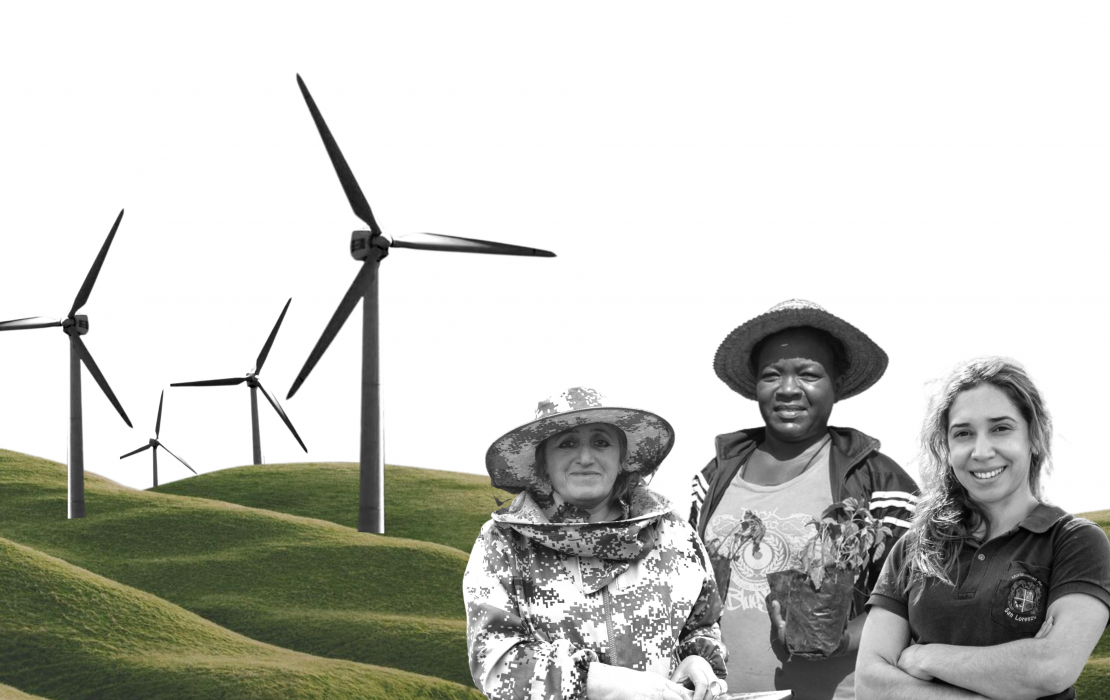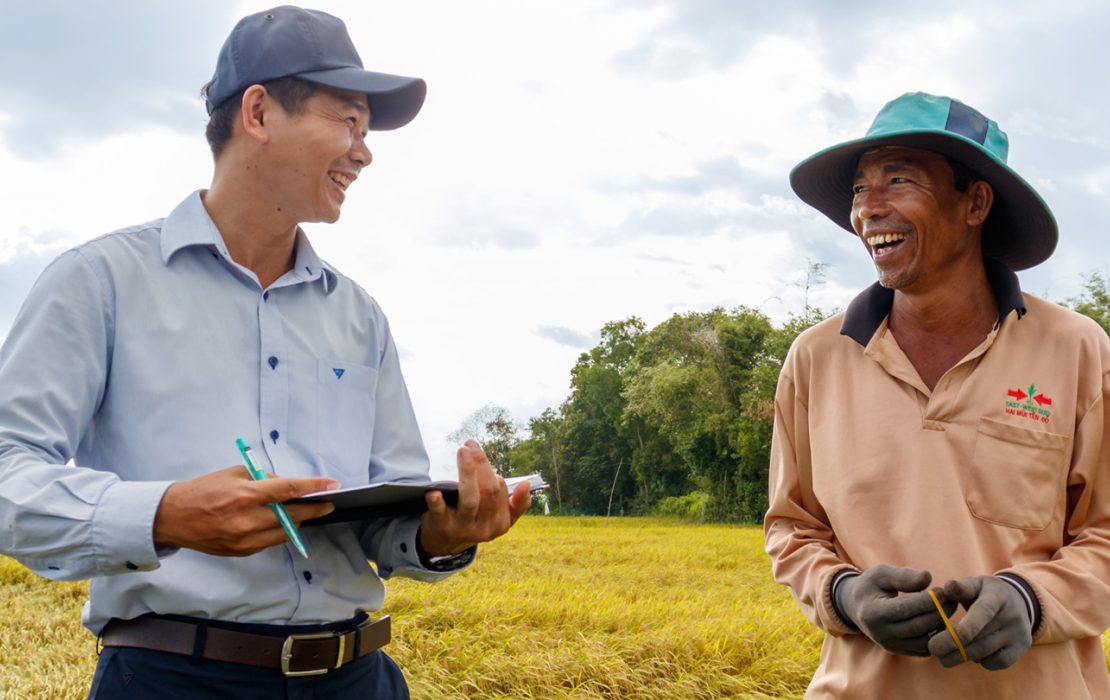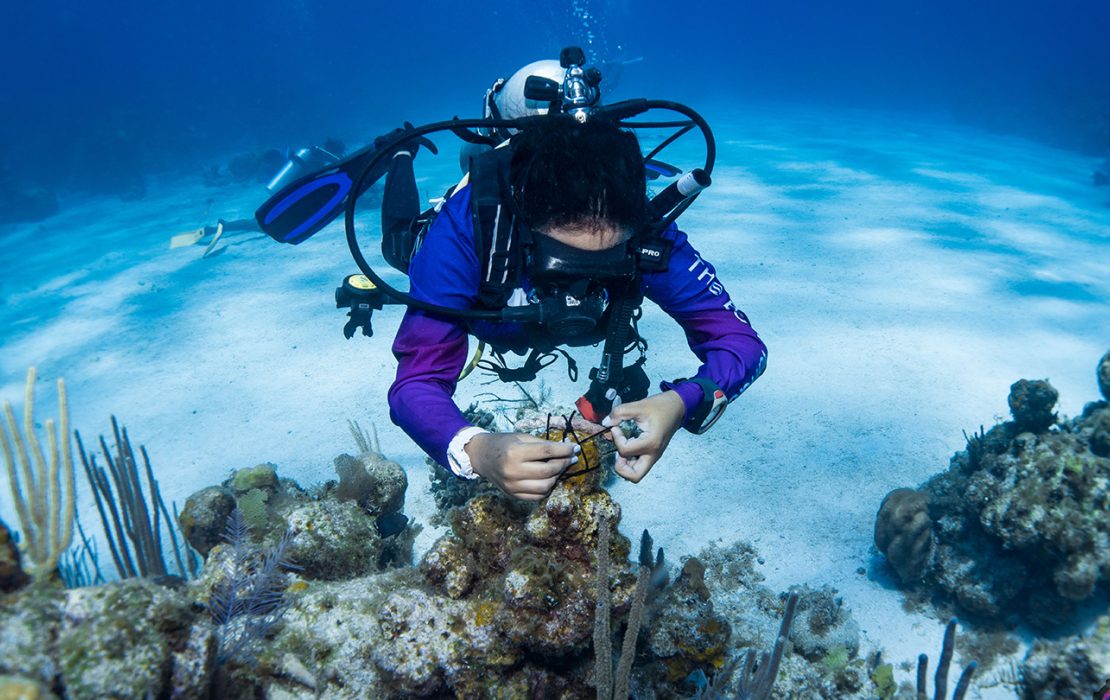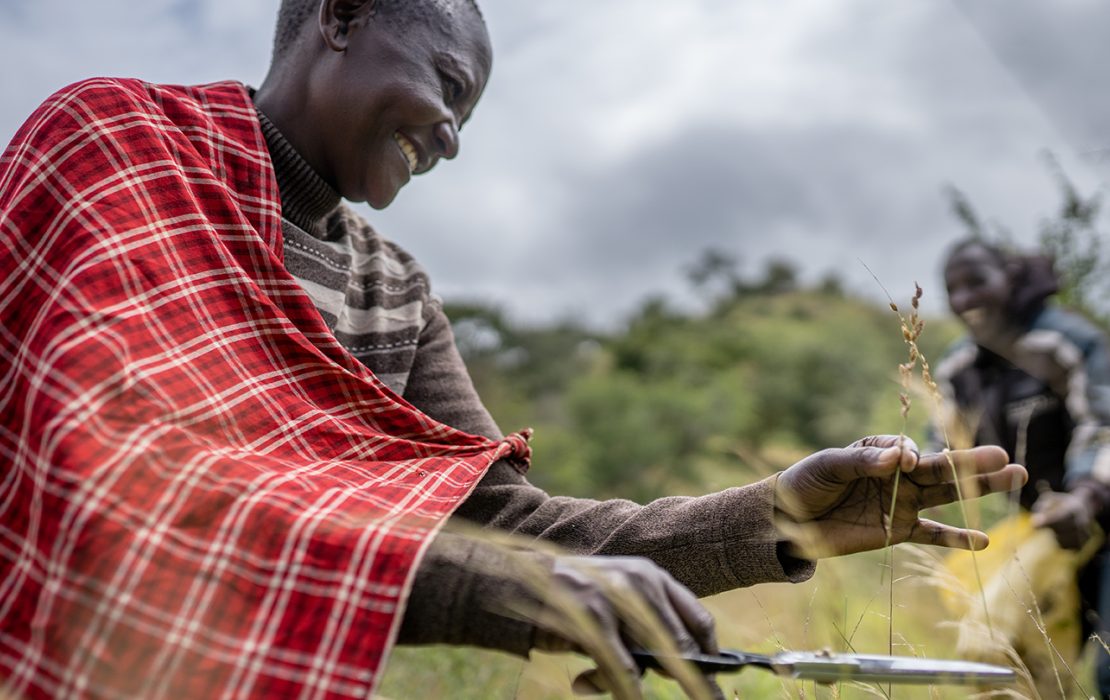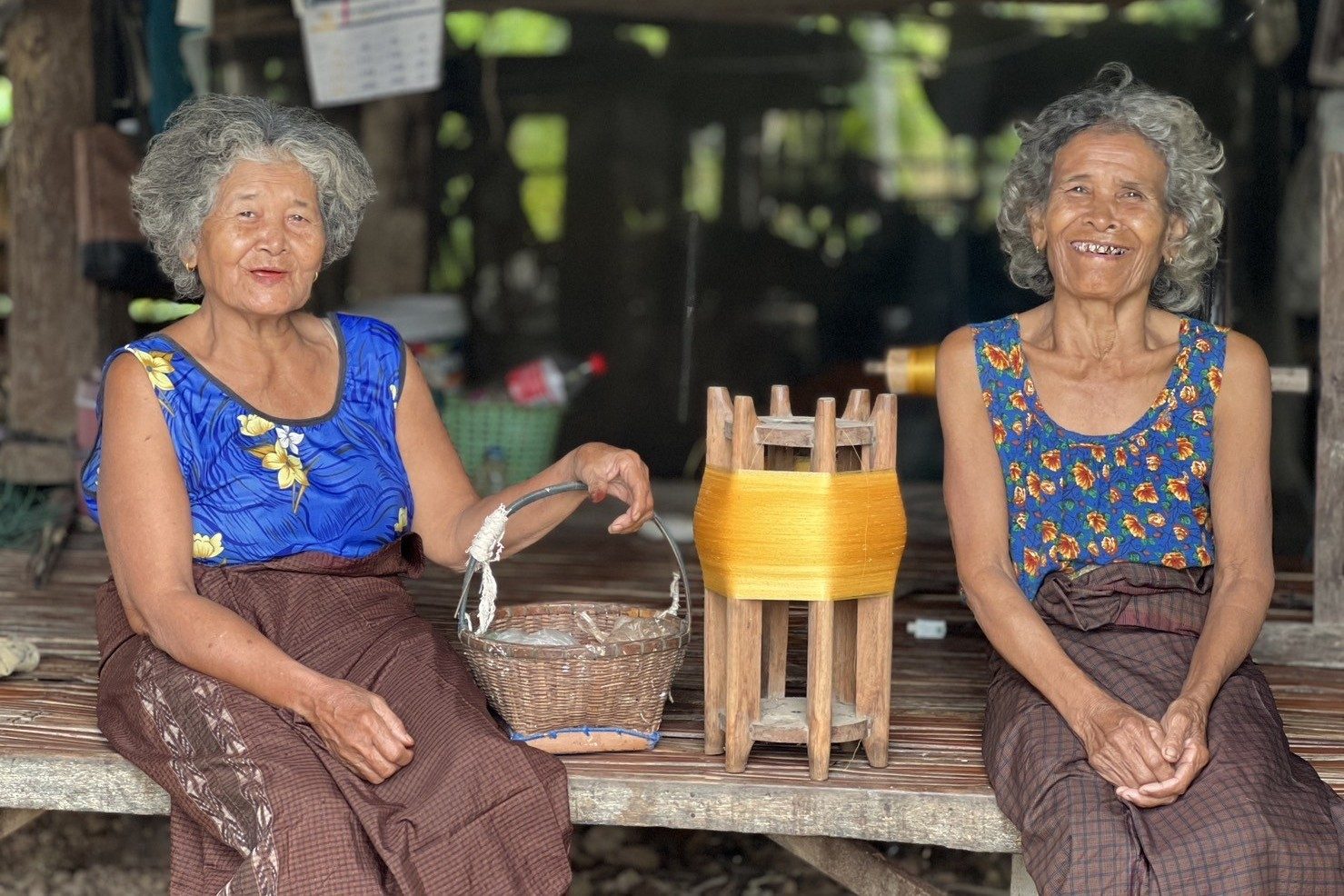
Photo: Foundation for Community Soul
In many communities around the world, women hold the key to locally led climate adaptation. From agriculture and water systems to disaster response and community leadership, women can draw on their vast knowledge, practical skills and lived experience to help their communities prepare for and respond to climate change impacts.
This is why the UNDP-Adaptation Fund Climate Innovation Accelerator (UNDP-AFCIA) programme is helping empower women as leaders, entrepreneurs and decision-makers as part of its larger mandate to advance innovative climate adaptation initiatives at the local level. Through small grants and technical support for non-governmental and civil society organizations, the programme works to strengthen women’s leadership and build climate resilience from the ground up.
Here are five initiatives supported by UNDP-AFCIA that show how integrating women’s perspectives, skills and knowledge into climate solutions strengthens entire communities, while redefining traditional gender roles in meaningful and lasting ways.
Restoring forests and livelihoods in the Democratic Republic of Congo
In South Kivu, a province in the Democratic Republic of Congo, deforestation has devastated biodiversity and diminished income sources for local communities. This has particularly affected women, who own significantly fewer agricultural assets than men, despite representing more than half of the workforce in the sector.
In response, local NGO PIFEVA is leading a reforestation project in 22 villages to restore 440 hectares of forest by replanting indigenous trees that serve as hosts for edible caterpillars, a protein-rich food and valuable source of income. Alongside planting efforts, 660 Indigenous women and young people are learning how to manage biodiversity, establish tree nurseries and make sales.
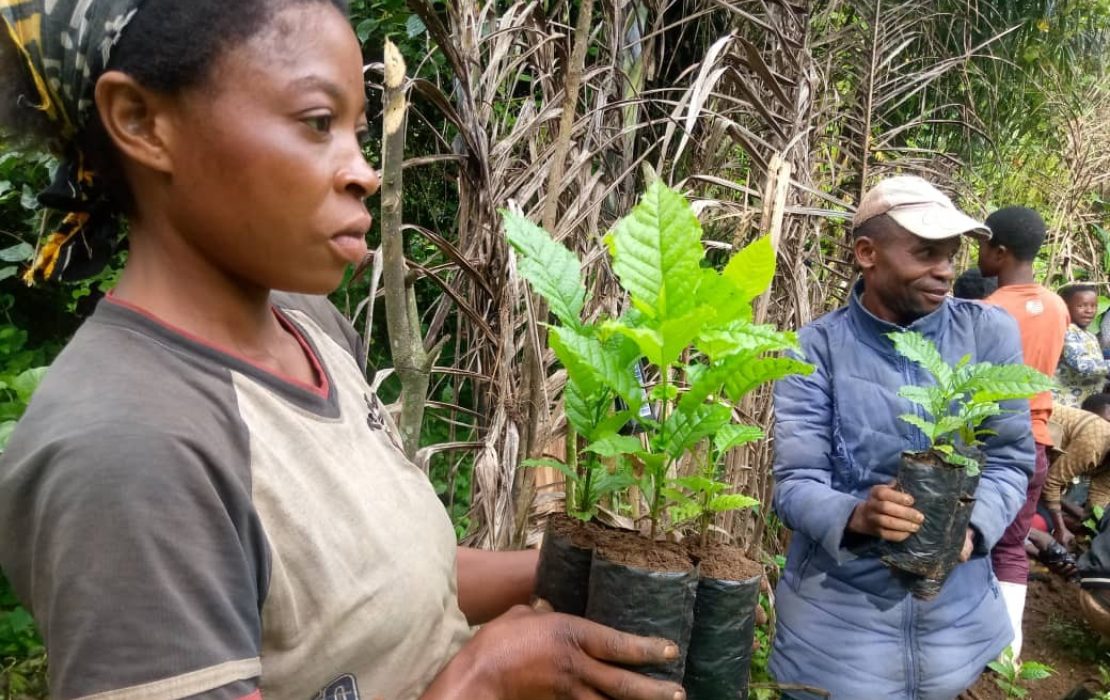
Community members participating in reforestation activities in South-Kivu. Photo: PIFEVA
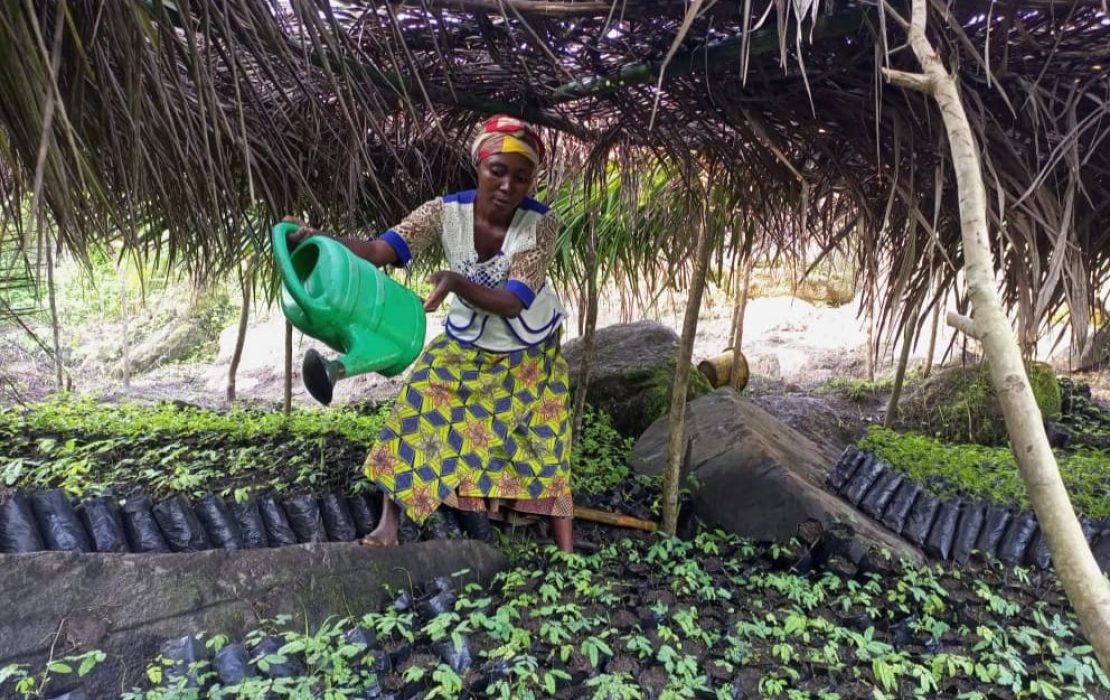
Woman watering her plants in South-Kivu. Photo: PIFEVA
Cultural norms in South Kivu previously excluded women from community decisions around forest management. Now, PIFEVA is working to change that by promoting women’s leadership in conservation efforts and giving them a voice in local governance.
“Empowering women enhances biodiversity outcomes and fosters community-wide transformation, as women gain confidence and leadership experience,” says Veronique Bulaya, PIFEVA’s project coordinator.
From silk production to local leadership in Thailand
Thailand’s Surin Province is home to a long tradition of silk production, largely sustained by women. However, their extensive expertise has not traditionally translated into leadership roles. As climate change impacts threaten this way of life, their voices are more important than ever.
The Foundation for Community Soul (FCS) is working to empower local silk producers through trainings on a variety of topics from climate-smart farming to equitable participation and leadership. Around 1,750 people have participated in the trainings so far, including 1,200 Indigenous women. As a result, village meetings across the province now include women’s voices. This shift is already bearing fruit. In May 2024, Yothaka Boonmak was the first woman elected as head of the Phayaram village.
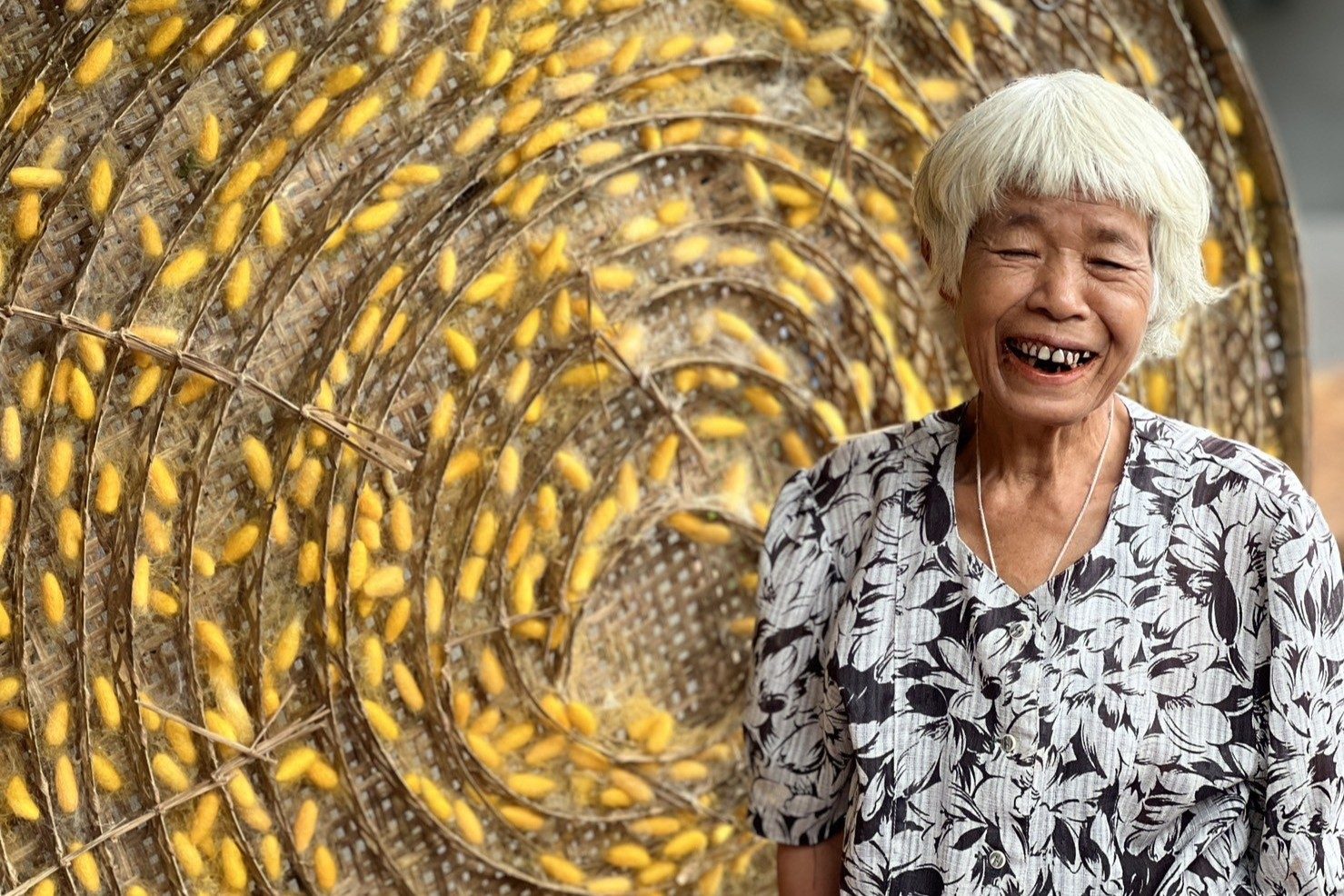
Soom Yeunyong, a community member from Surin Province, posing in front of the silk cocoons. Photo: Foundation for Community Soul
“The making of mulberry silk garment is a fine culture and tradition that has been passed down through generations. I want to learn about climate change to be able to improve the way my community adapts to its impacts,” Yothaka says.
In addition to the trainings, FCS is also helping introduce weather forecasting systems to reduce losses from climate-induced hazards and working to raise awareness about climate resilience – including soil preparation methods and organic farming.
“We help develop knowledge and practice to adapt to climate change. We connect with the local research institutes but also work with the wisdom of the women,” says Orawan Yafa, Manager of FCS.
A solar-powered greenhouse turns into a safe space for women and young people in Jamaica
Jamaica has a high prevalence of gender-based violence. Young women are especially vulnerable, with those 18 years or younger being twice as likely to experience severe violence when they are married or have begun living with a partner.
In Portmore, I-SEEED is using climate adaptation to address gender-based violence and economic hardship. Their initiative supports women and young people affected by violence by offering trainings in agriculture, business and climate education in a solar-powered greenhouse.
A community member adjusting seedlings under the sprinkler in the greenhouse. Photo: I-SEEED Youths Limited
With 40,000 square feet of land managed, 10 newly installed water tanks and more than 90,000 seeds planted, the initiative teaches women about climate resilience while also providing tangible employment opportunities. Close to 150 participants have learned about agricultural best practices, disaster risk management and entrepreneurship, with 45 of them reporting income increases or job placements with local businesses.
I-SEEED's solar-powered greenhouse has become a safe haven for women and young people affected by violence. Photo: I-SEEED Youths Limited
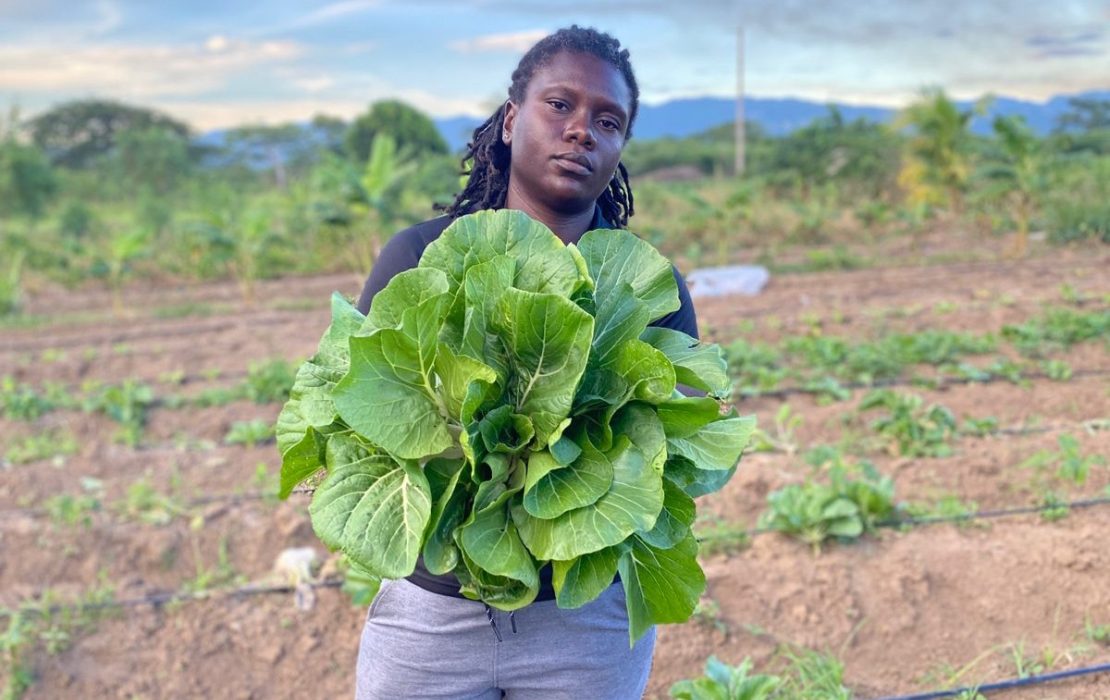
Tracey-Ann holding pak choy grown by the community. Photo: I-SEEED Youths Limited
Beyond skills training, the I-SEEED workshops explore gender dynamics and challenge cultural norms that limit women’s participation in leadership. For example, the “Empower Her and Him” workshop series aims to balance power dynamics, encouraging men and women to work collaboratively in decision-making and resource management.
“There is a lot of gender-based violence. We use education to break down the barriers,” explains Tracey-Ann Kemesha Harriage, founder of I-SEEED.
Water entrepreneurship in flood-prone Bangladesh
Bangladesh experiences severe seasonal flooding, which often cause water sources to become contaminated. In Kurigram, a flood-prone district in northern Bangladesh, access to clean drinking water can vanish overnight during the rainy season.
To address this critical problem, local social enterprise Footsteps has introduced an innovative solution: affordable, portable water filters. These filters are lightweight and durable – the size of a backpack – and remove 99,99 percent of contaminants and sediments through a five-stage ultrafiltration process that uses ultraviolet light. Each Dreamwater filter has the capacity to convert 15,000 litres of floodwater into clean drinking water and is sold at affordable prices.

Rasna Islam posing with her Dreamwater portable filter after receiving training to become a water entrepreneur in Kushtia, Southwestern Bangladesh. Photo: Footsteps
So far, Footsteps has trained over 700 people to operate the filters and generate income from clean water sales. Nearly two-thirds of them are women, many of whom have no income source as they are mainly engaged in unpaid care work for their households. So far, the project has deployed 97 filters, converting over one million litres of floodwater into safe drinking water, hence reducing multiple health risks.
"The filter provides access to clean drinking water during floods. Once the floodwaters recede, the same filter can be used to purify water for bottling and selling as safe drinking water. This not only ensures clean water but also creates an income opportunity. This filter is really helpful for us," says Adhuri Begum, a woman entrepreneur and disaster respondent from Kurigram.
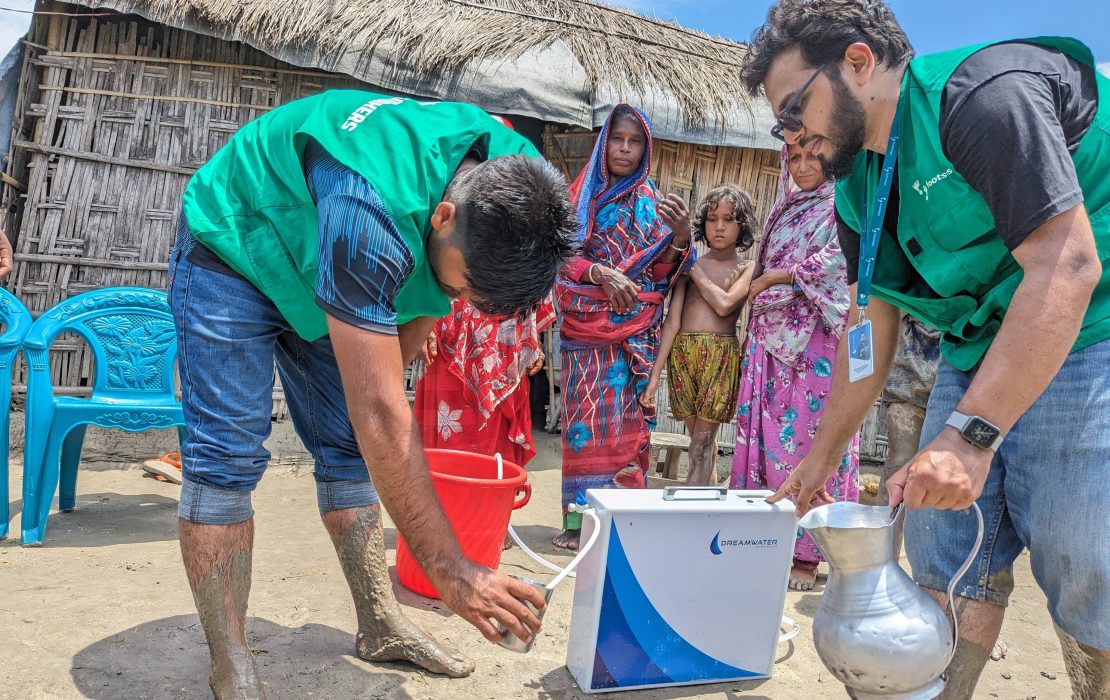
Footsteps team teaching a family how to filter surface water using Dreamwater in floodprone Kurigram District. Photo: Footsteps
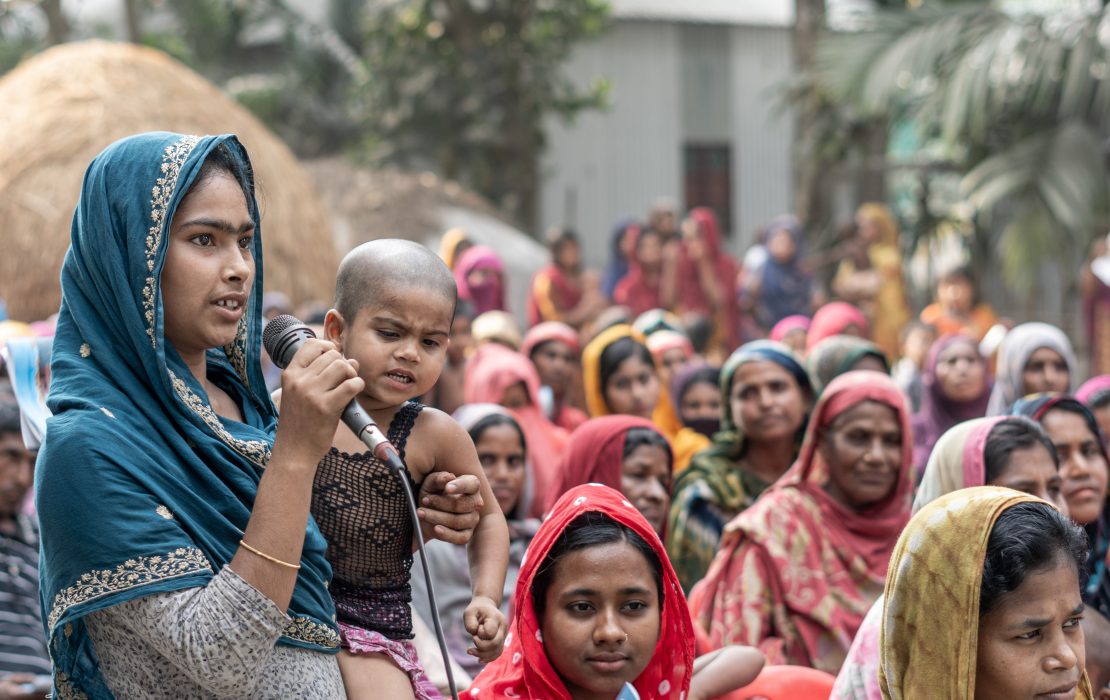
Women attending training sessions at Char Rajibpur. Photo: Footsteps
But the impact goes beyond income: by stepping into disaster response roles, these trained women entrepreneurs are now seen as essential community leaders and role models for younger generations.
Because of its promising potential, the initiative has already expanded to Rangpur and Nilphamari. It has also influenced national disaster response protocols, with some of the women becoming first responders during the Kurigram flooding in 2024.
Greywater and agroforestry: empowering women in Brazil
In Brazil’s Pernambuco state, an area known for severe droughts and water scarcity, the grassroots initiative Centro Sabiá is turning household wastewater into a resource. A simple, low-cost greywater system made from local materials like gravel and sand is allowing communities to improve water management and diversify food production through small-scale agroforestry.
Because this system is aligned with domestic routines, it is particularly accessible to women, whose crucial role around water use within households makes them its natural stewards. Moreover, as women build and maintain the filters, they gain technical skills and visibility for their work.

Community member working on the greywater system. Photo: Ana Mendes/Centro Sabiá

Community member taking care of her garden, nurtured by reused water. Photo: Ana Mendes/Centro Sabiá
So far, the initiative has benefited 31,336 people. Farmers have seen tangible results – greywater that once polluted the environment now nourishes food crops and livestock, enhancing food security.
"I think people want to receive this water reuse system because of the water scarcity. The water we were throwing away is now being used to water the plants. If it weren't for this water, I don't think I would have as many living plants,” says María José Henriques Ferreira, a local farmer.
The alignment of water reuse with household activities has opened new avenues for women's community involvement and income. With minimal investment and high potential for replication, the greywater initiative highlights how adaptive solutions can improve livelihoods while putting women at the centre of sustainable development.
These diverse examples showcase how locally led, women-centered adaptation strategies can reshape both ecosystems and societies. The most effective climate solutions don’t just address environmental risks. They also challenge social norms and uplift marginalized voices, promoting a more equitable and resilient future for all. As global adaptation efforts need to grow, integrating women as changemakers remains essential for long-term, sustainable progress.
*
The UNDP-AFCIA programme is one of the funding windows anchored under the Adaptation Innovation Marketplace (AIM), a multi-stakeholder strategic platform that promotes scaled-up adaptation at the local level.
Supported by financial contributions from the Adaptation Fund and the European Union, the UNDP-AFCIA programme has awarded 44 micro and small grants to locally led organizations across 33 countries worldwide, accelerating their innovative solutions to build resilience in the most vulnerable communities. So far, the programme has benefited over 2.6 million people globally.
This story has been co-created with support from Climate and Development Knowledge Network (CDKN), Global Resilience Partnership (GRP), Pillar for Active Vulnerable Women in the Democratic Republic of Congo (PIFEVA), Foundation for Community Soul (FCS), I-SEEED, Footsteps and Centro Sabiá.
